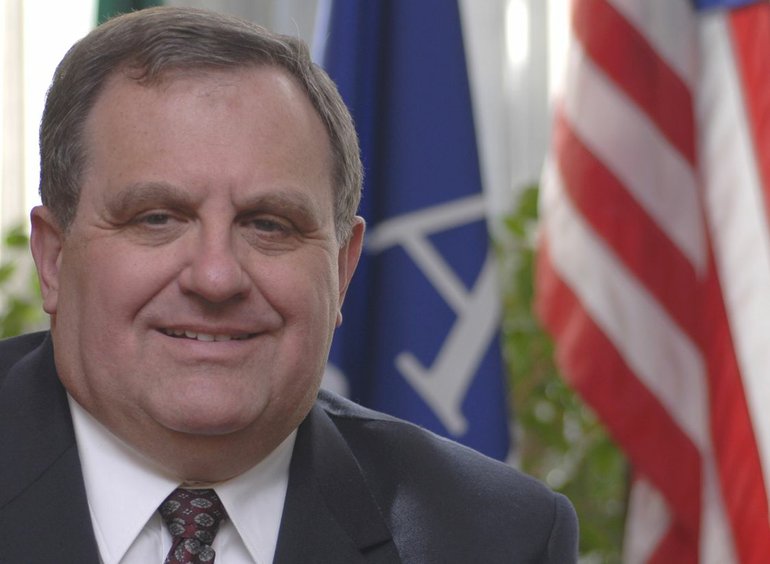The famous baseball pitcher Satchel Paige used to say, “Don’t look back — something might be gaining on you.” With all due respect to Satchel, Washington should glance over its shoulder because something is gaining on us. Competing states are coming after Washington’s economic powerhouse: aerospace.
One of those competitors recently received a big boost from Forbes magazine. For the third year in a row, Forbes ranked Utah the Best State for Business. Meanwhile, Washington slipped from seventh to 11th.
Forbes’ rankings are based on six business factors: costs, labor supply, economic climate, growth prospects, quality of life and — for the first time — regulatory environment. Utah was third; Washington’s regulatory environment ranked 38th, causing our deep slide. And there’s more bad news: The most heavily weighted factor in the Forbes study is business costs, which include labor, energy costs and taxes. In that all-important category, we ranked 27th.
Utah won high praise from Forbes, which wrote, “No state can match the consistent performance of Utah. It is the only state that ranks among the top 15 states in each of the six main categories on which states are rated.”
Alabama ranked near the bottom in many categories, but boasted the seventh-best regulatory environment. That hasn’t gone unnoticed.
Airbus announced it will invest $600 million over the next five years to build an A320 assembly plant near Mobile, the first Airbus facility in the United States. The company plans to assemble 40 to 50 A320 jets per year by 2017. Alabama, like South Carolina, is a right-to-work state.
Meanwhile, Boeing is opening a third plant in Utah to fabricate tail section parts for the 787. The Salt Lake City plant will employ 100 people making an average of $65,000 a year. That brings Boeing’s Utah workforce to roughly 700.
That’s small potatoes compared with the company’s 83,000 workers in the Puget Sound area, but it’s a trend Washington’s elected officials should not ignore.
Utah’s rise to economic prominence didn’t happen overnight. It has been a consistent long-term strategy initiated in 2004 by then-Gov. Jon Huntsman and Lt. Gov. Gary Herbert.
Today, aerospace and aviation companies in Utah employ more than 10,000 people who provide engineering, logistics support and maintenance for several U.S. Air Force jet fighter and cargo aircraft programs, as well as the Minuteman III intercontinental ballistic missile.
Janicki Industries, a family-owned cutting edge composite manufacturer headquartered in Sedro-Woolley, also located a $20 million aerospace plant in Utah to support the company’s work on the F-35 Joint Strike Fighter program. Janicki is exactly the type of aerospace company Utah targets to recruit because its high-tech precision molds are the future of aerospace.
Herbert, who succeeded Huntsman, cites three areas where his state has a competitive advantage: taxes, labor force and a favorable regulatory climate. Last year,Herbert initiated a review of the state’s nearly 2,000 administrative rules, eliminating or modifying 368 regulations Herbert characterized as “a drag on the economy.” Among the other pluses for Utah: energy costs that are 29 percent below the national average.
The Forbes ranking found a clear separation between right-to-work states and those that are not. All but one of the top 10 states has right-to-work laws. Of the bottom 10 states, only one is a right-to-work state.
Washington is unlikely to become a right-to-work state. But to compete with states that are, legislators need to level the playing field by reducing Washington’s regulatory burden and lowering business costs.
Competition for Washington’s aerospace jobs will only intensify in the future, so state lawmakers shouldn’t assume that, just because companies like Boeing and Janicki are here now, they will be here forever.
Don Brunell is president of the Association of Washington Business, Washington state’s chamber of commerce.



